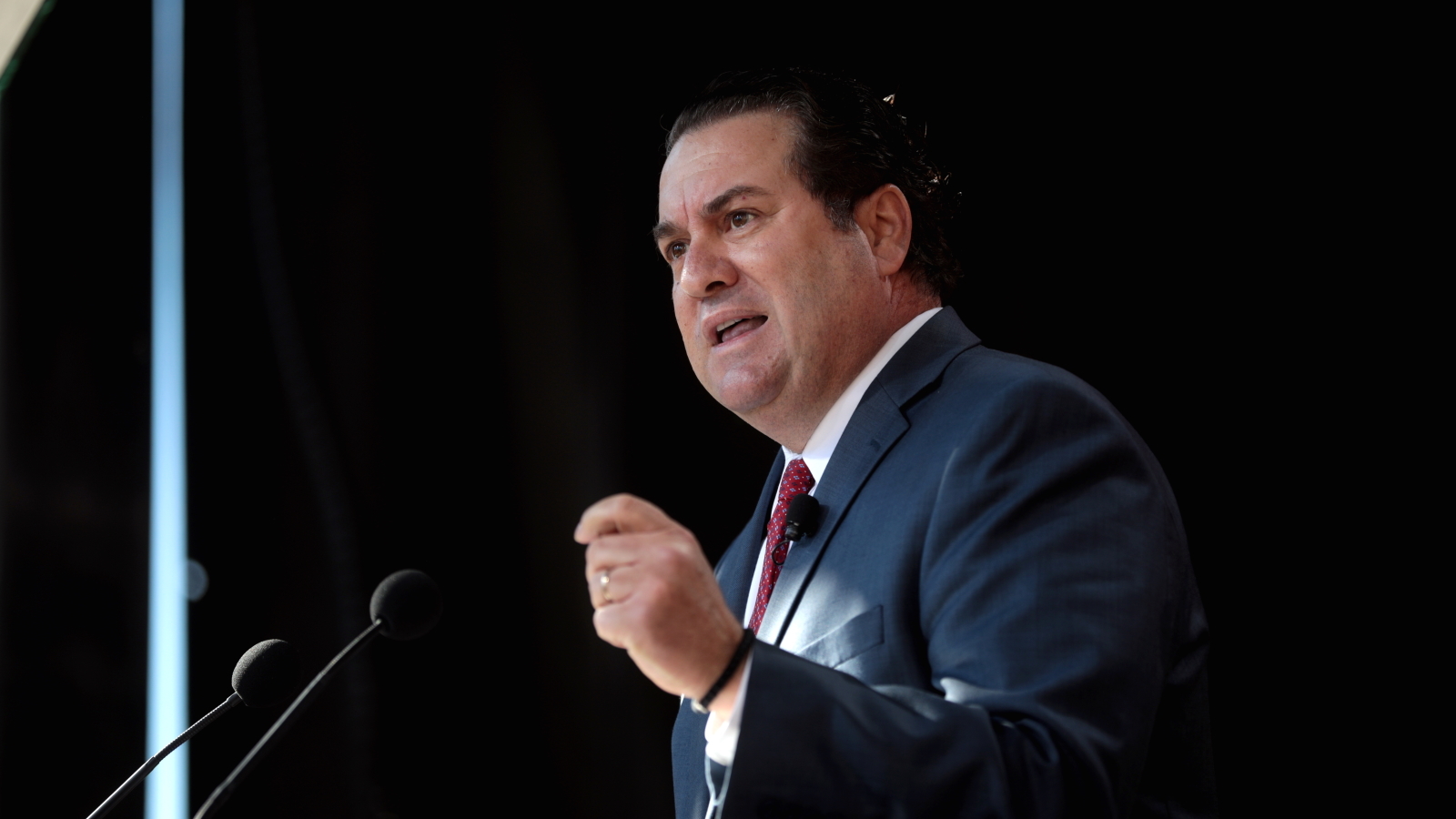The U.S. Securities and Exchange Commission (SEC) has proposed requiring climate reporting from companies in the United States, but a former SEC chairman criticized the move, stating that lawmakers should be responsible for climate policy not the SEC.
According to Arizona Business Daily, the SEC unveiled a draft on March 21 of legislation that would require climate reporting for companies in the U.S. The proposal would require Scope 1 and Scope 2 reporting, which respectively would detail direct and indirect emissions. It would also require Scope 3 reporting, which refers to greenhouse gases generated by suppliers and partners, if they are "material." Additionally, the legislation, which may be finalized later this year, will require business to report on the "actual or likely material impacts" of climate change on their business.
"Companies and investors alike would benefit from the clear rules of the road," SEC Chairman Gary Gensler said in a release, referring to what he claims is broad support for uniform climate reporting requirements.
Senator Patrick Toomey, the Senate Banking Committee's top Republican, blasted the rule, saying it "extends far beyond the SEC's mission," as reported by Reuters.
"The Supreme Court has been clear that any required disclosures under securities laws must meet the test of materiality, and we will advocate against provisions of this proposal that deviate from that standard," Tom Quaadman, an executive vice president with the Chamber of Commerce, said in a statement.
According to Morningstar, a record $71 billion flowed into U.S. environmental, social and governance-focused funds in 2021.
Arizona Attorney General Mark Brnovich published an op-ed in The Wall Street Journal on March 6 announcing he would be opening an investigation into Environmental, Social, and Governance (ESG) policies and groups like Climate Action 100+ for attempting to manipulate markets in favor of green energy and climate agendas.
Brnovich began the piece by noting that "the biggest antitrust violation in history may be in plain sight," going on to explain that Wall Street banks and money managers have been engaging in a coordinated effort to stop investments in tradition energy like oil and gas. Bringing his initial claim full circle, Brnovich concluded the piece by stating his office would be opening an investigation into "this potentially unlawful market manipulation," citing his "responsibility to protect consumers from artificial restrictions on production."
Jay Clayton and Patrick McHenry co-authored a separate op-ed published in The Wall Street Journal titled "The SEC's Climate-Change Overreach." In the piece, they argue that the Securities and Exchange Commission is overstepping its boundaries and that Congress is offloading decision making to the federal agency that should be retained by the elected body. On the overreach, they wrote: "Taking a new, activist approach to climate policy — an area far outside the SEC’s authority, jurisdiction and expertise — will deservedly draw legal challenges. What’s worse, it puts our time-tested approach to capital allocation, as well as the agency’s independence and credibility, at risk."
Regarding pushing tough decision making off onto federal agencies and allowing unelected officials to make wide reaching policy decisions, they wrote: "the body that the Constitution prescribes for weighing the relevant trade-offs in this area is Congress. Congress, duly elected by and responsible to the people, is precisely where climate policy, in all its complexities and consequences, should be resolved. Yet over decades, elected leaders have pushed hard policy questions to federal agencies staffed by unelected bureaucrats, whose decisions are reviewed only by unelected judges. This is at best bad for democracy and at worst unconstitutional."
Clayton served as SEC chairman from 2017-20. McHenry, a North Carolina Republican, is ranking member of the House Financial Services Committee.
They also noted that allowing policy decisions to be made by one federal organization is doomed to fail. They raised alarm over the fact that "there is no indication that the SEC has meaningfully coordinated with any of the other relevant federal agencies and departments on the policy choices embedded in its proposed rules."

